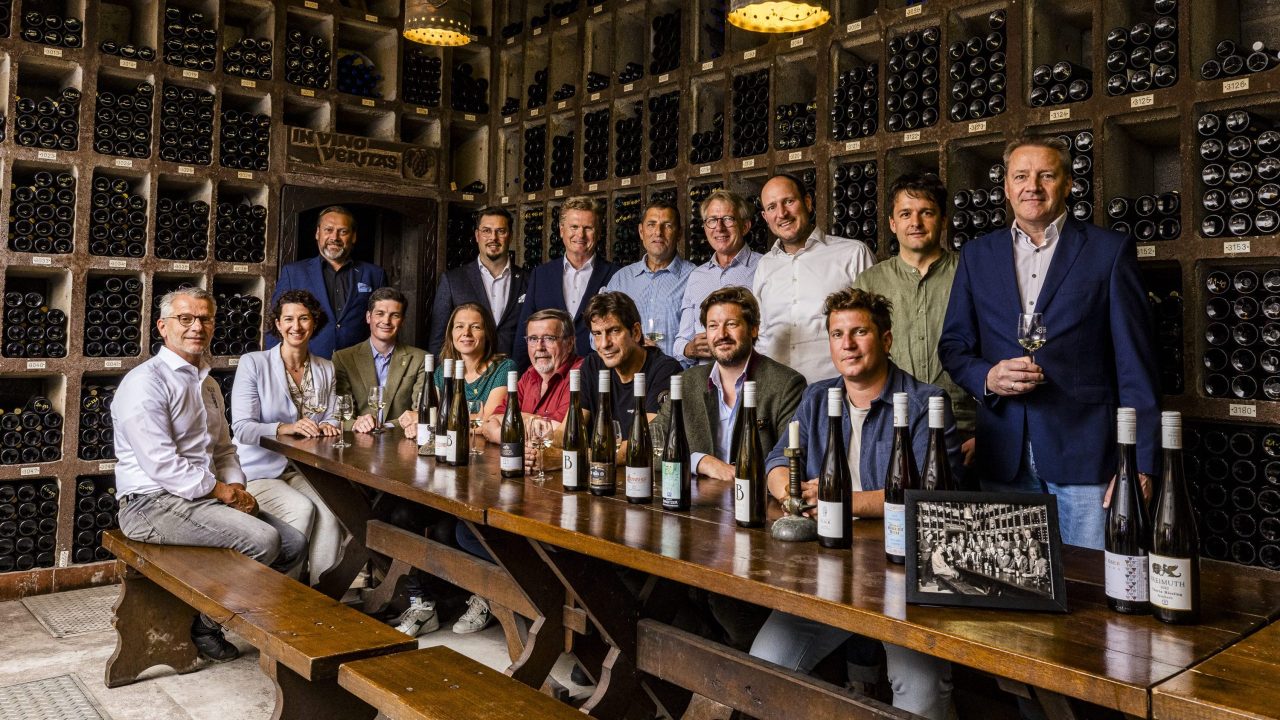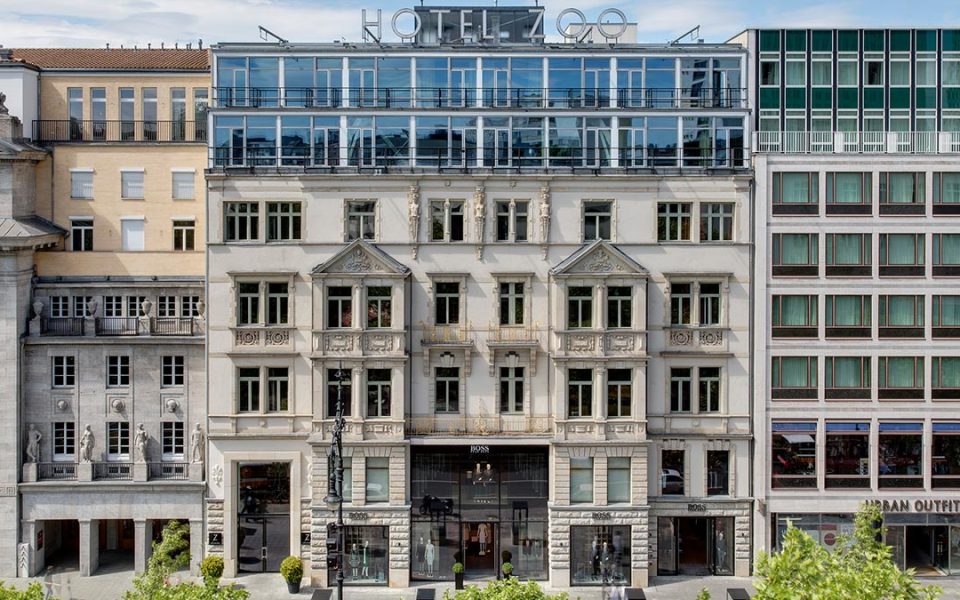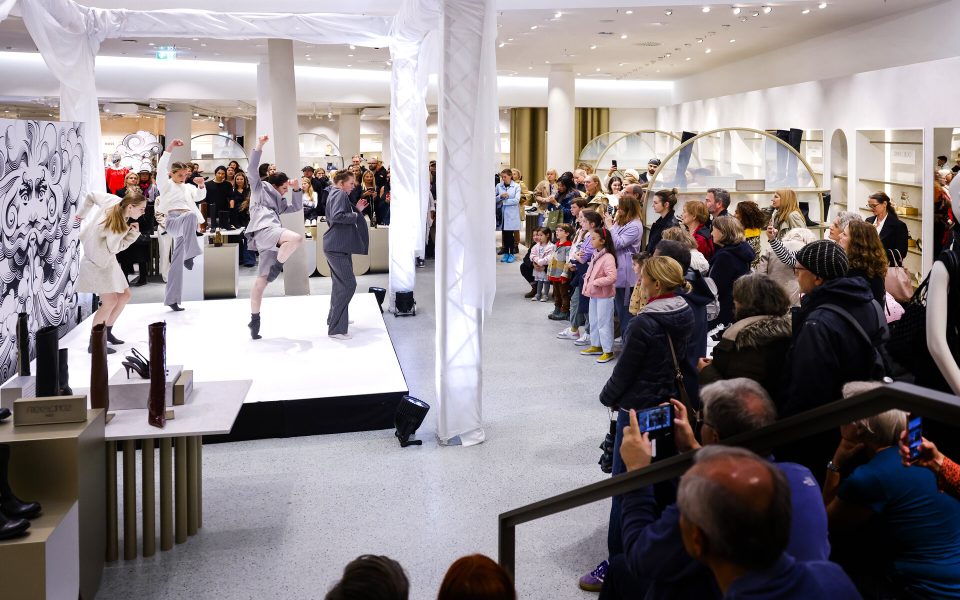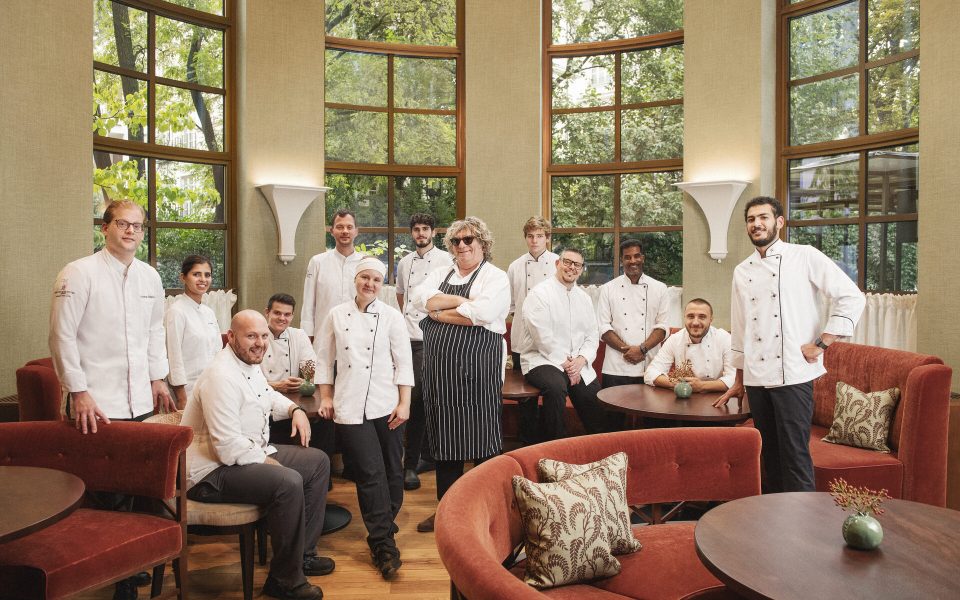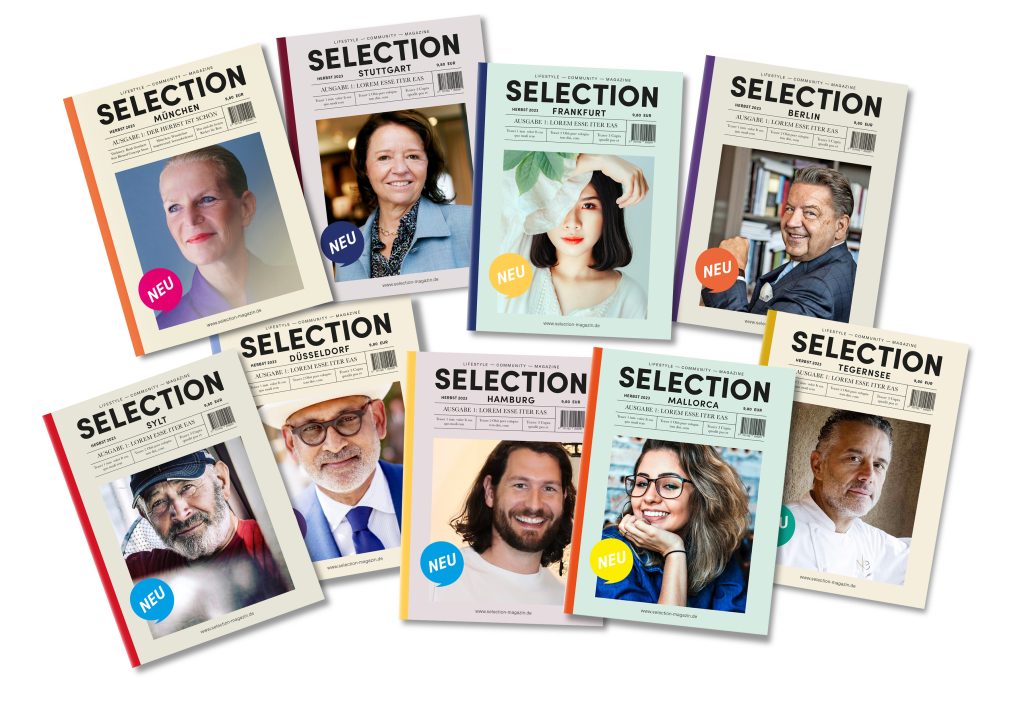Today, 13 VDP wineries from the Rheingau still fly the Charta flag and produce mature, characterful Rieslings that bear the Charta symbol – the Romanesque double arch. The concept from back then has paid off and is now more contemporary than ever. On the occasion of the 40th anniversary and the new Charta vintage, which was launched on 1 September, the VDP.Rheingau takes a look “back to the future”.
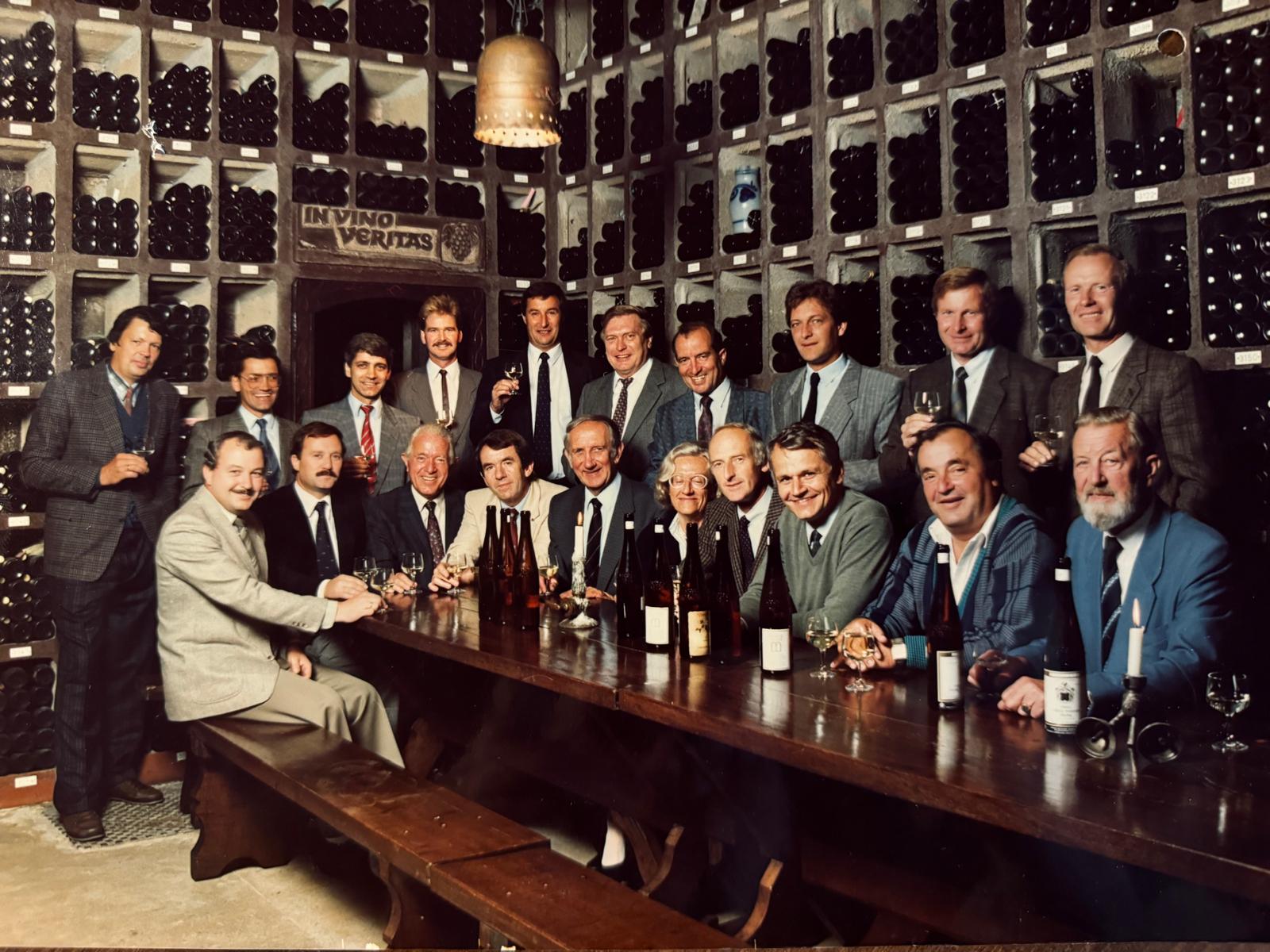
Rheingau top Riesling in demand worldwide
“German viticulture was at a crossroads 40 years ago. ‘Sweet and cheap’ – German wine carried this label internationally for many years,” says Wilhelm Weil, Chairman of the VDP.Rheingau. “In recent decades, we have made a huge leap forward together and driven the renaissance of top German wine. As a result, we have succeeded in sustainably improving the image of German wines from New York to Tokyo. We also have the basic idea of the Charta Association to thank for this. Today, dry Rieslings from the best Rheingau vineyards are once again in demand all over the world.”
History and characteristics of the Charta Riesling
After its foundation, the members of the association presented their first Charta Rieslings in 1984. The concept worked and the association quickly grew to 50 member wineries. The common goal: to move away from sweet mass-produced wine and back to the “typical Rheingau Riesling”, which was served at the finest tables in the world at the beginning of the 20th century and enjoyed worldwide fame.
Charta wine is subject to simple but strict quality criteria: A balanced, classic Rheingau Riesling that is dry and has a high ageing potential. All Charta wines come from the best vineyards in the Rheingau and must be made from 100 per cent fully ripe Riesling grapes. For quality assurance purposes, the wines are assessed in a blind tasting and only approved if the Charta typicity is recognisable. The “little siblings” of the single-vineyard wines may be marketed on 1 September of the year following the harvest at the earliest.
You can recognise a Charta Riesling by three visual characteristics:
- Special charter capsules bear the unmistakable symbol of the association: the characteristic Romanesque double arches. They represent the stylised front windows of the”Grey House” in the Rheingau, which is considered to be the oldest stone house in Germany.
- The wines are labelled as Charta Riesling – the designation is now used without the name of the vineyard.
- Charta wines are marketed in classic, brown Rheingau Schlegel bottles.
The success of the ChartaRieslings was not only the reliable typicity of the wines and the standardised and the uniformity of the wines , there was another characteristic that was also responsible: the perfect combination of food and wine. Today this seems self-evident, but back then it was a novelty in terms of flavour. With menus perfectly matched to the Charta Rieslings, the Charta winegrowers toured the worldwinegrowers toured the world and introduced gourmets to the “new old” type of wine “made in Rheingau”.
Basis for the VDP classification pyramid
From 1988, the Charta Association provided the initial impetus for the quality offensive through the classification of vineyard sites. Highlighting special vineyards is a tradition in many important wine-growing regions – including the Rheingau. The oldest known vineyard rating card for the region dates back to 1867 (“Der nassauische Weinbau | Rheingau”). The focus on the “Grand Crus from German soil” lasted until the 1930s. After that, the regional classifications were increasingly forgotten. The 1971 wine law also reduced the number of sites (minimum size 5 hectares) – as a result, historically significant individual sites literally disappeared from the maps at first. This changed when the Rheingau Charta Association undertook a quality-orientated and parcel-specific demarcation of the regional sites, thus laying the foundation for the ERSTEN GEWÄCHSE. In 1992, the Charta winegrowers finally presented their ERSTEN GEWÄCHSE from the defined top sites. This initiative led to the VDP classification pyramid in 2012. “This pyramid once again places the origin, the terroir, at the centre of the quality philosophy of our wineries,” says Wilhelm Weil, who has been responsible in the Charta Association since 1990 and as its chairman since 1999, when the Charta and the VDP.Rheingau merged.
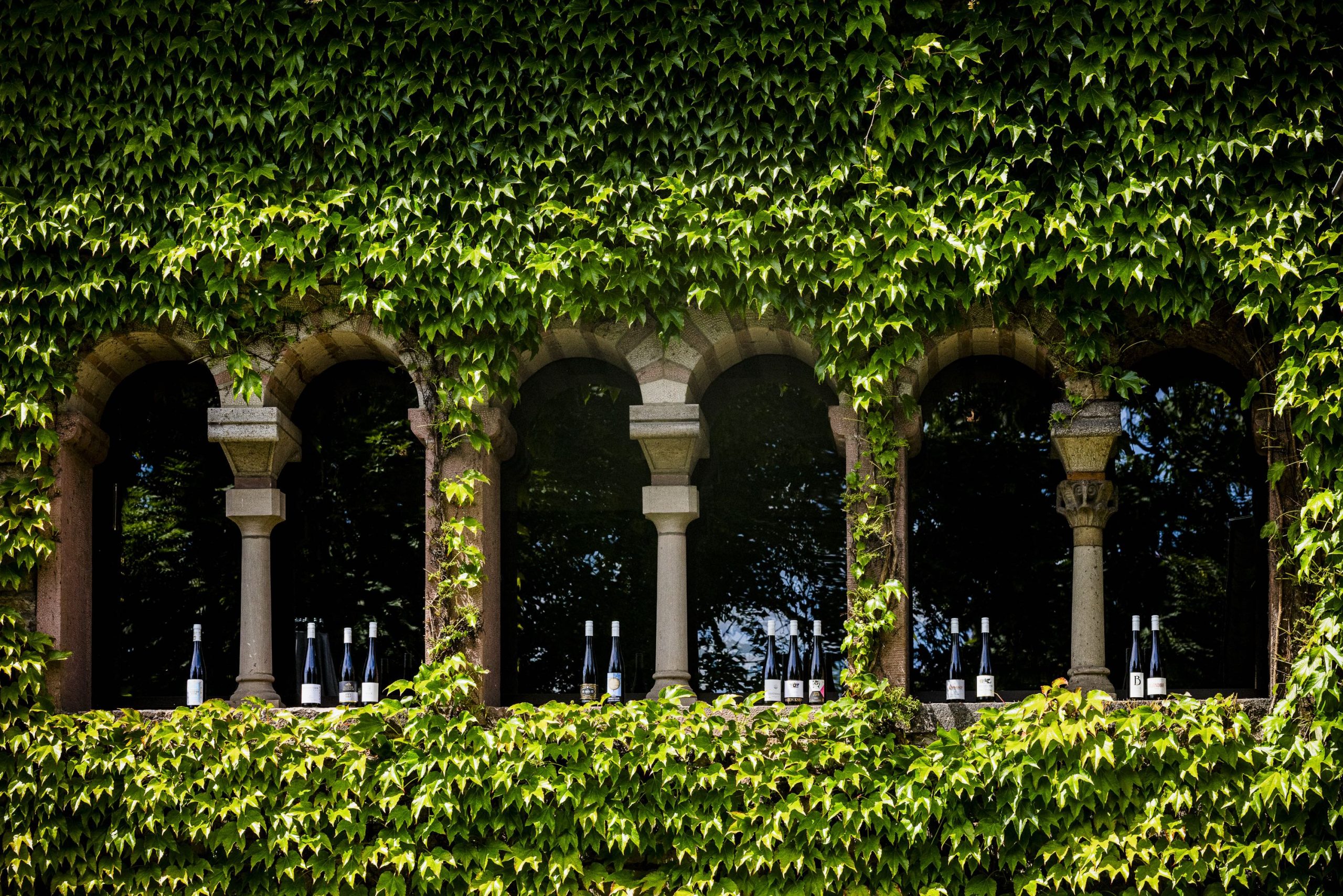
Good prospects
“I see great potential for the Rheingau Charta wines. They are contemporary and also appeal to a young and international audience. I keep hearing from our importers that Charta is a wonderful ambassador for dry Riesling and offers a lot of wine at a good price,” says Mark Barth, Deputy Chairman of the VDP.Rheingau. “For me, these special wines symbolise what we are particularly good at here: above all, producing excellent quality Rieslings from outstanding origins. Back to our roots. Back to what made us famous worldwide. Back to the revolutionary idea of the Charter Association!”
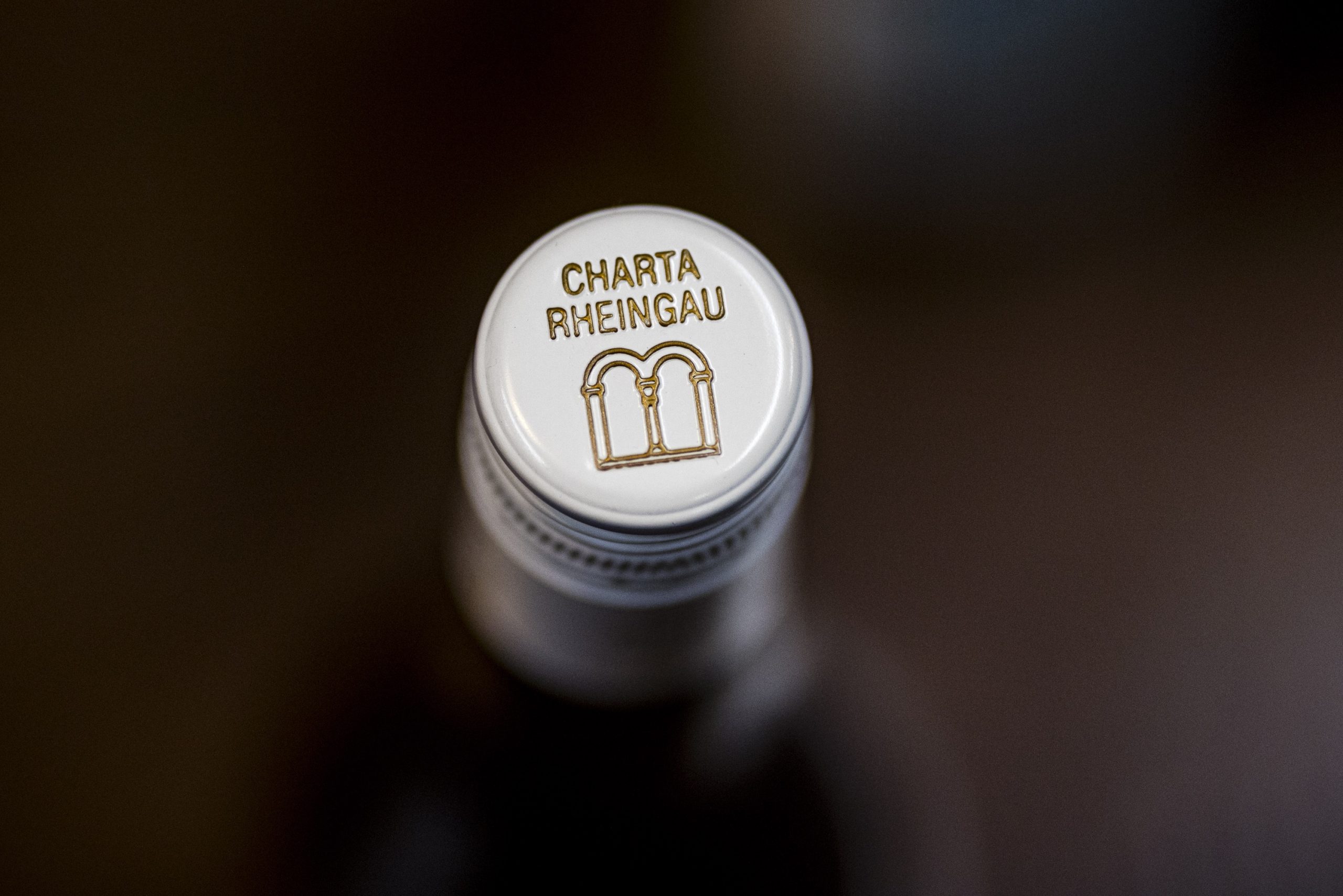
Pleasing: After a break of several years , the Kloster Eberbach winery will once again be presenting a Charta wine in September.wine in September. Today, the following 13 VDP.Charta wines: Weingut Allendorf, Wein- und Sektgut Barth, Weingut Diefenhardt, Weingut August Eser, Weingut Freimuth, Weingut Flick, Weingut Johannishof, Weingut Jakob Jung, Weingut Kloster Eberbach, Weingut Baron Knyphausen, Weingut Spreitzer, Weingüter Wegeler and Weingut Robert Weil.
Save the Date: Charta-Party
To mark the 40th Charta anniversary, the association is hosting a big Charta party at the Draiser Hof (Baron Knyphausen winery) on 7 November 2024 from 6 pm. Advance ticket sales start online now. Tickets cost EUR 89 per person (including food and drinks).



